Beyond the Hague is excited to welcome Dr. Rachel Killean for this guest post on the recent appeal judgement at the Extraordinary Chambers in the Courts of Cambodia. Rachel holds a PhD from Queen’s University Belfast, in which she examined the extent to which international criminal courts can respond to the needs and interests of victims. In particular, her research focused on the role of victims within the ECCC.
On the 23rd November 2016, the Supreme Court Chamber (SCC) of the Extraordinary Chambers in the Courts of Cambodia (ECCC) released its appeals judgment in Case 002/01, upholding the life sentences given to Khieu Samphan and Nuon Chea, two former senior leaders of the Khmer Rouge regime. The judgment rejects the accused’s allegations of fair trial breaches, and upholds convictions for crimes against humanity of murder, persecution on political grounds and other inhumane acts.
However, the SCC did not uniformly support the conclusions of the Trial Chamber (TC), and a number of convictions were reversed on the basis that there was insufficient evidence to support the TC’s conclusions. The SCC also excluded the applicability of joint criminal enterprise III, finding that at the time the crimes were committed (1975-1979) criminal liability based on making a contribution to the implementation of a common criminal purpose was limited to crimes that were actually encompassed by the common purpose. This blog post seeks to provide a brief overview of the background to this judgment and some comments on its findings.
The ECCC is tasked with addressing the crimes perpetrated during the Khmer Rouge regime, a communist regime which seized power in Cambodia on 17 April 1975, and over the next three years, eight months and 20 days are believed to have caused the deaths of at least 1.7 million people, either directly through execution, or through the starvation and illness caused by their policies of forced labour.
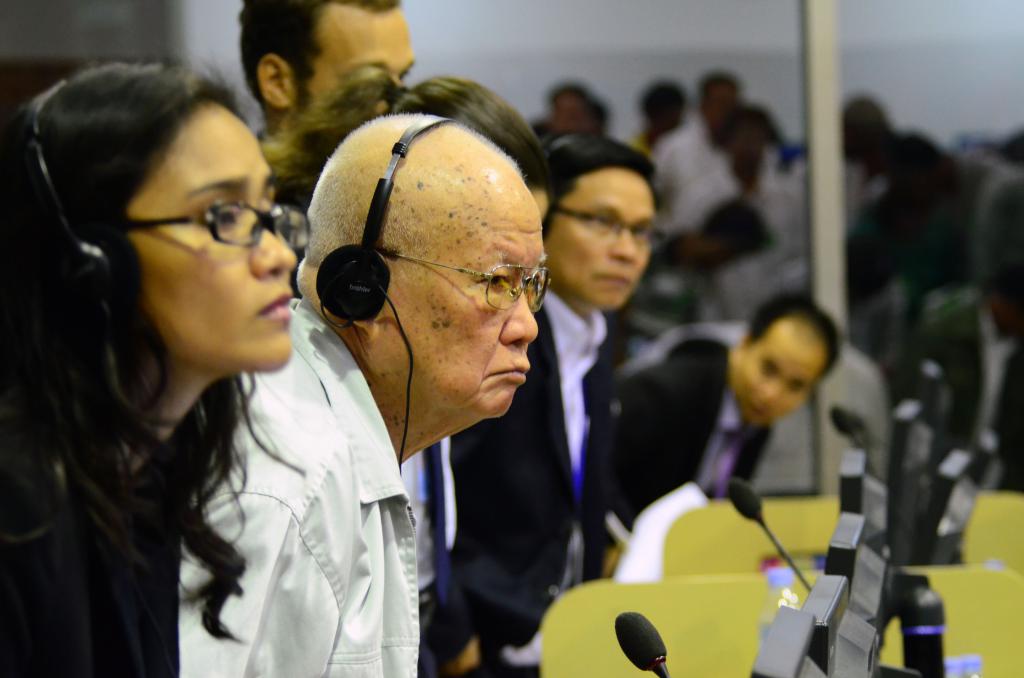 (Photo credit: www.eccc.gov.kh)
(Photo credit: www.eccc.gov.kh)
The appeals judgment in Case 002/01 brings to an end the first segment of the ECCC’s ongoing series of trials against Khieu Samphan and Nuon Chea. The case originally involved four accused. However, Ieng Thirith, the former Minister of Social Affairs during the Khmer Rouge, was found unfit to stand trial in November 2011, while the case against her husband Ieng Sary, the former Minister of Foreign Affairs, was similarly dropped on 14th March 2013 following his death the same day.
These incidents brought into sharp relief the risks associated with pursuing justice for crimes perpetrated over forty years ago, and a decision was made to sever the substantial case against the remaining defendants into a series of sub-trials. Case 002/01 was thus controversially limited to the forced movement of the population from Phnom Penh and later from other regions, and the execution of Khmer Republic soldiers at Toul Po Chrey execution site immediately after the Khmer Rouge takeover in 1975.
The initial Trial Judgment was released on the 7th of August 2014. The TC found that both accused had participated in a joint criminal enterprise to achieve the common purpose of implementing a rapid socialist revolution through a ‘great leap forward’ by whatever means necessary. The Chamber found that this common purpose was implemented through policies to forcibly displace people from cities and towns and between rural areas, and a policy to target former Khmer Republic officials.
Nuon Chea and Khieu Samphan were thus found to have committed the crimes against humanity of murder, political persecution and other inhumane acts (comprising forced transfer, enforced disappearances and attacks on human dignity) during the movements of the population, and murder and extermination through executions of Khmer Republic officials.
This judgment was not without its critics. In addition to resulting in appeals from both Nuon Chea and Khieu Samphan highlighting several hundred alleged errors of law and fact, the judgment was criticized by trial observers for “(1) repeated failures to resolve conflicting or internally inconsistent accounts, and (2) a strong tendency toward vagueness and lack of precision, including a failure to justify the findings by reference to specific weighing of the evidence; and failure to specify how the burden of proof beyond a reasonable doubt was met in regard to what other inferences, if any, could plausibly be drawn from the evidence on which the Court chose to rely.“
It appears the SCC shared some of these concerns, as is evidenced by its reversal of a number of the two accused’s convictions. For example, when reversing the conviction for the crime against humanity of extermination in relation to the evacuation of Phnom Penh, the SCC observed that the TC had not established the required scale of death, but had relied on “estimates that had been given as to the death toll” (para 536) and had sought to address this limitation by “not making a concrete finding as to the minimum death toll” (para 537). Similarly, in relation to extermination during the second population transfer, the SCC noted that the evidence provided “insufficient support for the Trial Chamber’s extrapolation that deaths occurred on a ‘massive scale’” (para 556), and again reversed the finding of extermination.
Again, when quashing the conviction of persecution during the second population transfer, the SCC noted that the TC had relied on only “a small sample of the individuals who had been affected by the population transfer” (para 633), and that the crime was not reasonably established (para 863).
The SCC found that the TC convictions of extermination, murder and persecution on political grounds in relation to the execution of Khmer Republic officials was based on “hearsay, out-of-court statements and documents” (para 888), and evidence of “inherently low probative value, with hardly any discussion as to their relevance, reliability and potential corroboration (para 891).” Indeed, the SCC noted “marked inadequacies in the evaluation of the evidence” and a consistent failure to engage with fundamental issues affecting the strength of the evidence (para 970). As a result, despite finding that there was evidence of Khmer Republic officials being murdered, it was found that the liability of the accused had not been proven, and the convictions were reversed.
In relation to the Co-Prosecutors’ appeal in relation to JCE III, the SCC found that although the appeal was procedurally inadmissible, it gave the SCC the opportunity to analyse the concept of JCE III. In upholding the finding that JCE III was not customary international law at the time the crimes were committed, the ECCC has vindicated critics of this extended mode of liability, who have disputed its existence since the ICTY controversially outlined JCE in its Tadić appeals judgment. How this finding will affect the Co-Prosecutors’ strategy, particularly in relation to the charges of genocide, remains to be seen.
This appeal judgment is an important contribution to the legacy of the ECCC. While delivering accountability for the grave crimes perpetrated during the Khmer Rouge is an important goal, the legitimacy of the Court depends on judgments being well reasoned and fair. In choosing to reverse some of the more contentious findings, while maintaining the life sentence due to the gravity of the crimes, the SCC has hopefully improved the reputation of the ECCC’s jurisprudence and enhanced its contribution to international criminal law more broadly.
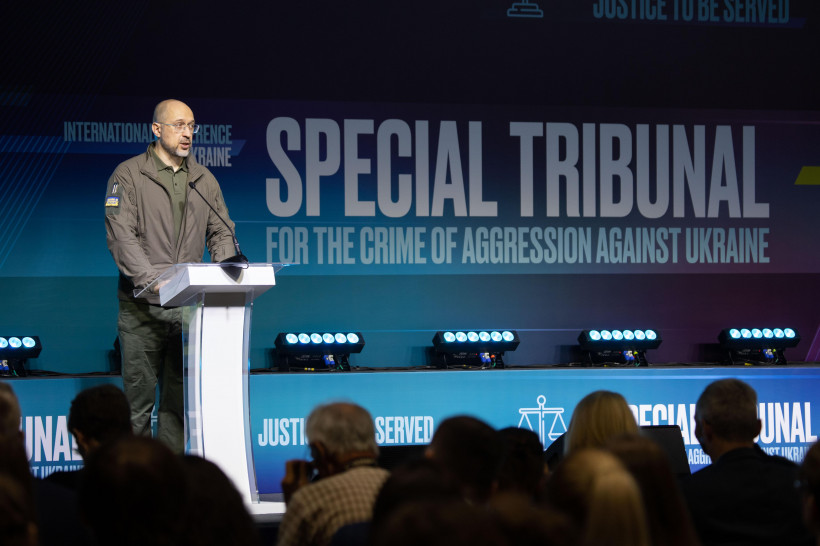

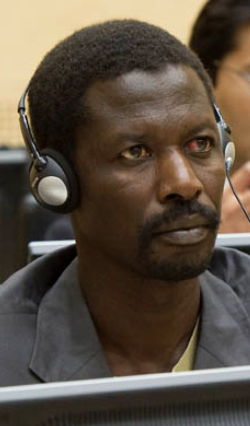
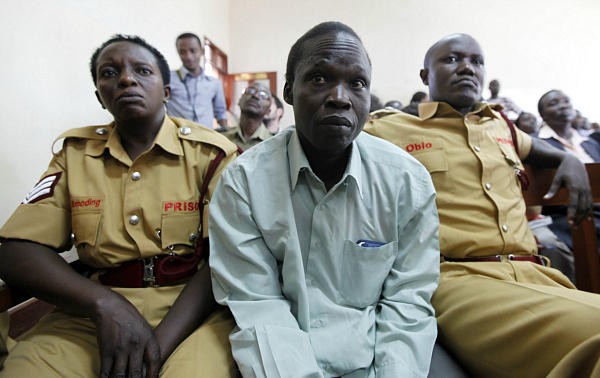
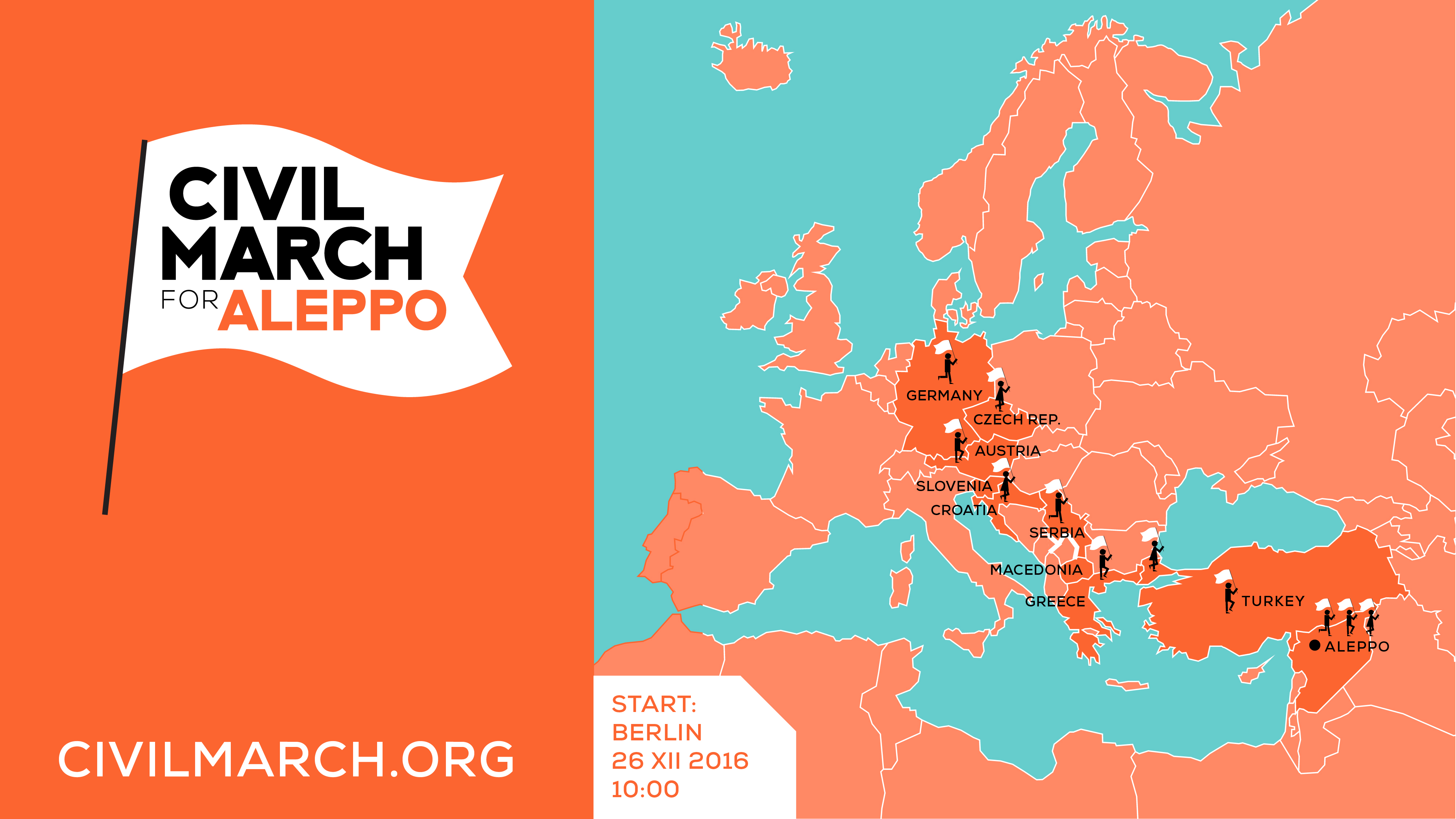
 (Photo credit: www.eccc.gov.kh)
(Photo credit: www.eccc.gov.kh)